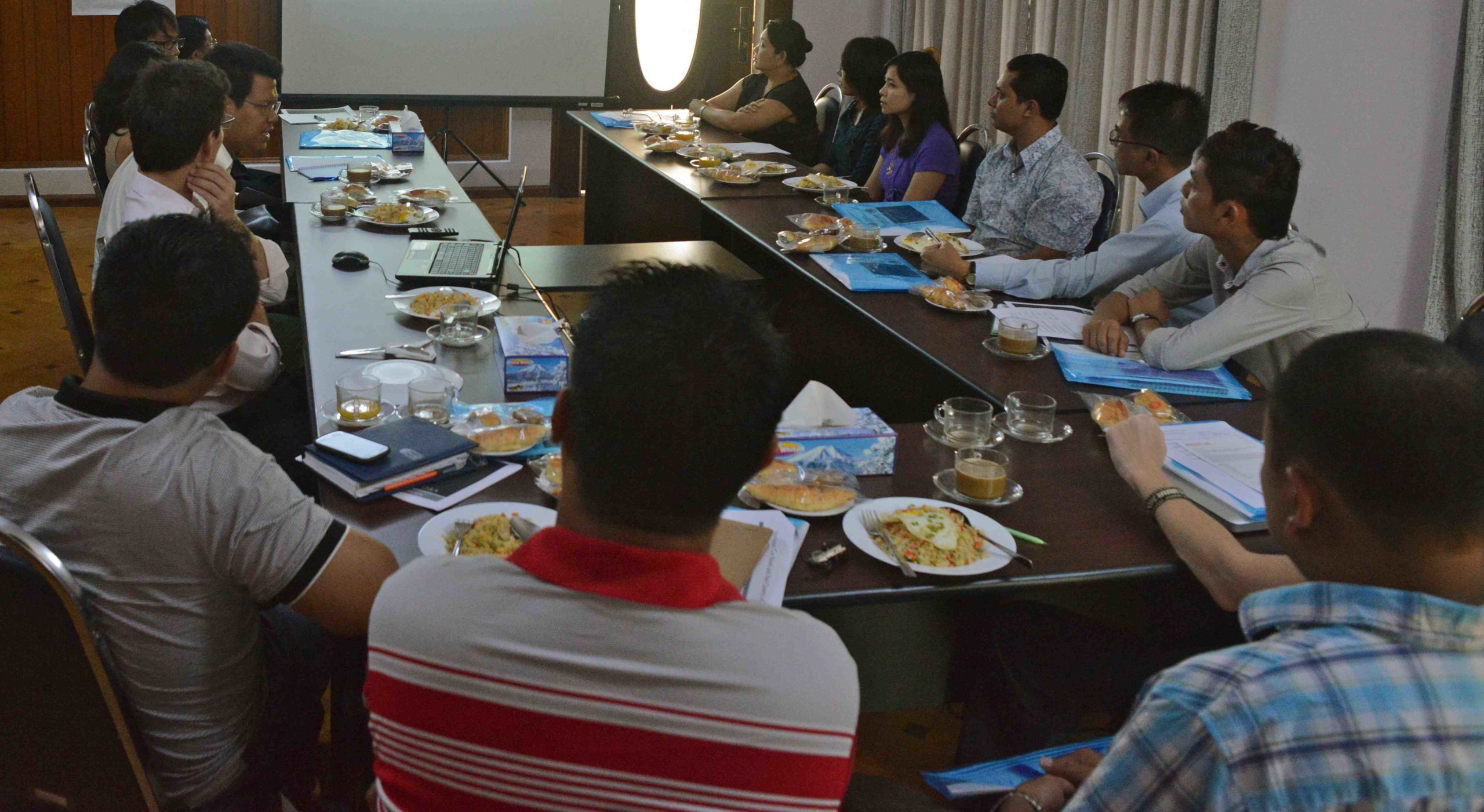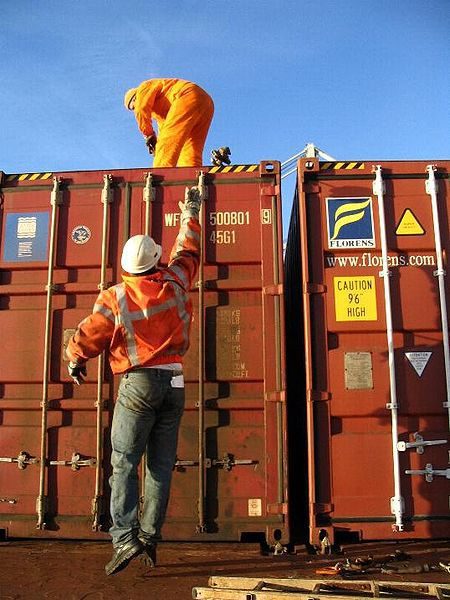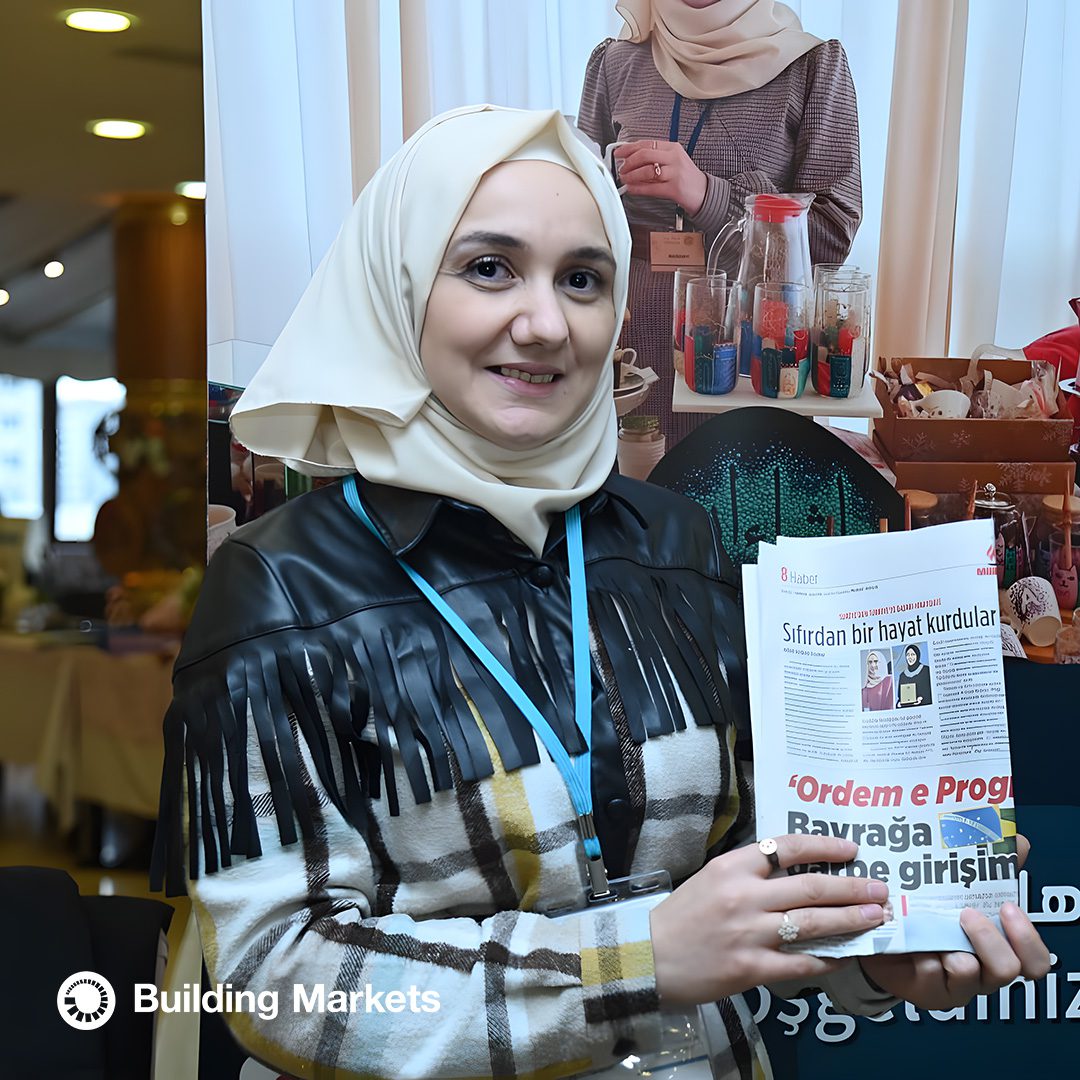Many years ago, before most us remember, the world was full of ships carrying crates and boxes and bags – some were big, some were small. Some were made of wood and some were metal. Industrious dock-hands worked hard to stack and unstack this multifarious conundrum of goods. Efficiency was more of an art than a science.
Then things changed. The world began to use standard sized “intermodal” shipping containers. The wooden crates and gallimaufry of boxes from times gone by began to rapidly disappear as standardization & competition forced shipping prices down and down. If your shipping company did not adopt the new standard, there was no way you could compete.
How does this relate to our work with SMEs in Yangon? Documentation. When bidding for contracts, standardized documentation is like a shipping container. Buyers want to be able to quickly and efficiently evaluate relevant information. Buyers need suppliers to use certain standard approaches and documentation. Bids must be like shipping containers – standard in scope, efficiently packed and easy to unload quickly.
What if your business is not interested in learning about tender distribution, bidding standards and contract documentation? Well, what happened to the shipping companies who refused to adopt the newer intermodal shipping practices? I would ask them, but they went out of business a long time ago. In an increasingly competitive and dynamic marketplace, enterprises in Myanmar unfamiliar with contract bidding standards and procedures will struggle to survive. This is why Building Markets finds the training sessions we offer in general procurement particularly meaningful and important. We help small & medium-sized enterprises hone their message and perfect their approach so they can compete for contracts and discover new opportunities to expand.
The switch to intermodal shipping containers was a switch to a much more efficient method of operating and it just made sense. Documentation standards and bidding procedures, while often mundane, also make sense. We do not want Myanmar’s SMEs to be ships out to sea, so to speak, struggling to find ports willing to accept their cargo. No, we want SMEs in Myanmar to be at the top of their game – able to compete competently, efficiently and effectively in what promises to be an increasingly dynamic and exciting marketplace.
Tags : Building Markets entrepreneurship Procurement SMEs Yangon
More from this author -
Latest News -

A Burmese “Spring”
Building Markets Burma entrepreneurship Myanmar WEF World Economic Forum YGL

Reaching Higher
Burma entrepreneurship Myanmar SMEs Yangon




![[Press Release] Building Markets Awarded Grant from the Nasdaq Foundation to Empower Women Entrepreneurs in Colombia](https://buildingmarkets.org/wp-content/uploads/2024/03/Nasdaq-Partnership-Announcement-2.jpg)